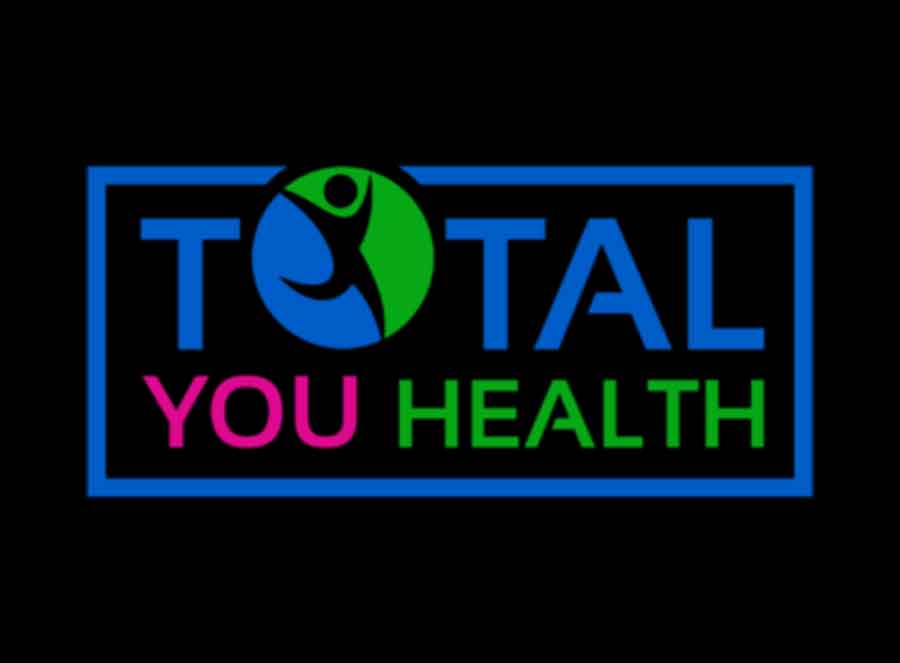Scientists are always looking for new ways to understand our bodies better. While most people are used to getting blood tests, Body Balance testing offers some great ways to test for deficiencies in the body – without using needles – that could help us stay healthy.
It can be confusing to know how to test for deficiencies. While blood testing is a widely accepted, there are some potential limitations and drawbacks to consider:
Limited assessment
A blood test is one way to test for deficiencies in the body. It measures nutrient levels in the blood. This may not reflect nutrient status within cells or tissues where deficiencies may actually occur. Nutrients can present in blood but be deficient at the cellular level, leading to symptoms of deficiency despite normal blood test results.
Invasive nature
Blood testing can be uncomfortable or anxiety-inducing for some with fear of needles. There needs to be a better way to test for deficiencies that is non-invasive.
False negatives
Nutrient levels in the blood can fluctuate throughout the day or in response to recent dietary intake, making it possible to miss deficiencies that are present but not detected at the time of testing. Having a way to test for deficiencies that is accurate is ideal.
Interference from medications or supplements
This can happen by affecting nutrient absorption or by artificially elevating or depleting nutrient levels in the blood. This can complicate the interpretation of test results and may require additional evaluation by healthcare providers, costing you more money. A good test for deficiencies should eliminate this concern.
Cost and accessibility
Blood tests can be expensive, particularly if they are not covered by insurance. Accessibility to blood testing may also be limited. Using blood to test for deficiencies is a widely accepted practice, but other options should be considered.
Need for interpretation by healthcare professionals
Blood test results must be interpreted along with an individual’s overall health status, medical history, and more. actors. Without proper interpretation there is a risk of misdiagnosis or inappropriate treatment based on test results alone. An interpretation of a test for deficiencies should be easy and without risk.
So how do you to test for deficiencies without all these limitations?
Body Balance testing presents a promising alternative to blood testing that offers unique advantages and benefits:
Non-invasive and painless
Unlike blood testing, which requires a needles and blood draw, Body Balance testing is non-invasive and painless. It’s great for anyone, especially for those with a fear of needles, making it a preferred way to test for deficiencies.
Comprehensive assessment
Body Balance testing provides insights into health beyond nutrient deficiencies alone. It can detect imbalances related to allergies, toxins, hormonal disruptions, and more, offering a holistic view of an individual’s well-being and a great way to test for deficiences.
Real-time results
Practitioners can often obtain immediate feedback during the testing session instead of waiting days to weeks for blood results from a lab to come back. This allows for prompt intervention and personalized treatment planning tailored to the individual’s needs.
Customized treatment approach
By uncovering subtle imbalances in the body, Body Balance testing enables practitioners to develop customized treatment plans that address specific deficiencies and restore balance. If offers a holistic way to test for deficiencies.
Potential for early detection
Early detection of nutrient deficiencies is crucial for preventing the onset of related health issues and optimizing overall wellness. Body Balance testing allows for proactive measures to test for deficiencies and correct them before they escalate into more significant health concerns.
Integration with conventional medicine
Body Balance testing can complement traditional diagnostic approaches. In combination with blood tests and other assessments it can help gain a comprehensive understanding of an individual’s health status and guide treatment decisions effectively.
Conclusion
As we continue to explore the frontiers of healthcare, Body Balance testing stands out as a compelling avenue for assessing nutrient deficiencies and promoting optimal wellness. Its non-invasive nature, comprehensive insights, real-time results, and potential for early detection make it a valuable tool in the hands of skilled practitioners to test for deficiencies. The positive benefits of Body Balance testing offer hope for a future where personalized, holistic healthcare approaches flourish.
Want to learn more?
If you would like to explore more ways to prioritize your health and well-being, one thing you can do now is schedule a call to learn more about Body Balance testing at Total You Health –https://calendly.com/totalyouhealth.



